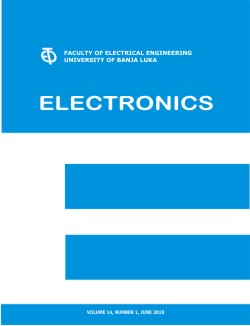Project-Based Learning and Agile Methodologies in Electronic Courses: Effect of Student Population and Open Issues
DOI:
https://doi.org/10.7251/ELS1317082ZAbstract
Project-Based Learning (PBL) and Agile methodologieshave proven to be very interesting instructional strategiesin Electronics and Engineering education, because they providepractical learning skills that help students understand the basisof electronics. In this paper we analyze two courses, onebelonging to a Master in Electronic Engineering and one to aBachelor in Telecommunication Engineering that apply Agile-PBL methodologies, and compare the results obtained in bothcourses with a traditional laboratory course. Our results supportprevious work stating that Agile-PBL methodologies increasestudent satisfaction. However, we also highlight some open issuesthat negatively affect the implementation of these methodologies,such as planning overhead or accidental complexity. Moreover,we show how differences in the student population, mostly relatedto the time spent on-campus, their commitment to the course orpart-time dedication, have an impact on the benefits of Agile-PBLmethods. In these cases, Agile-PBL methodologies by themselvesare not enough and need to be combined with other techniquesto increase student motivation.Downloads
Published
2013-12-15
Issue
Section
Чланци

